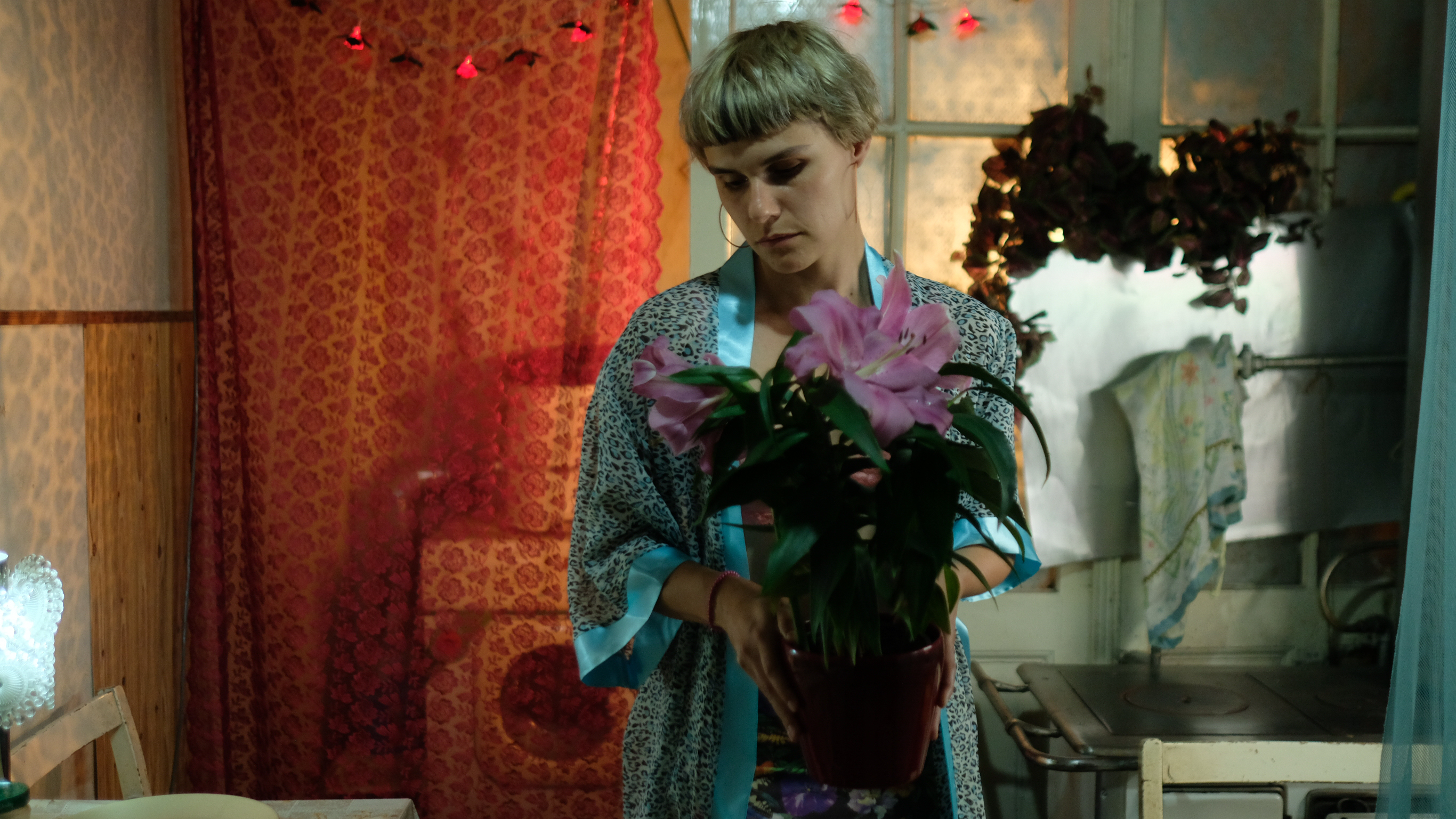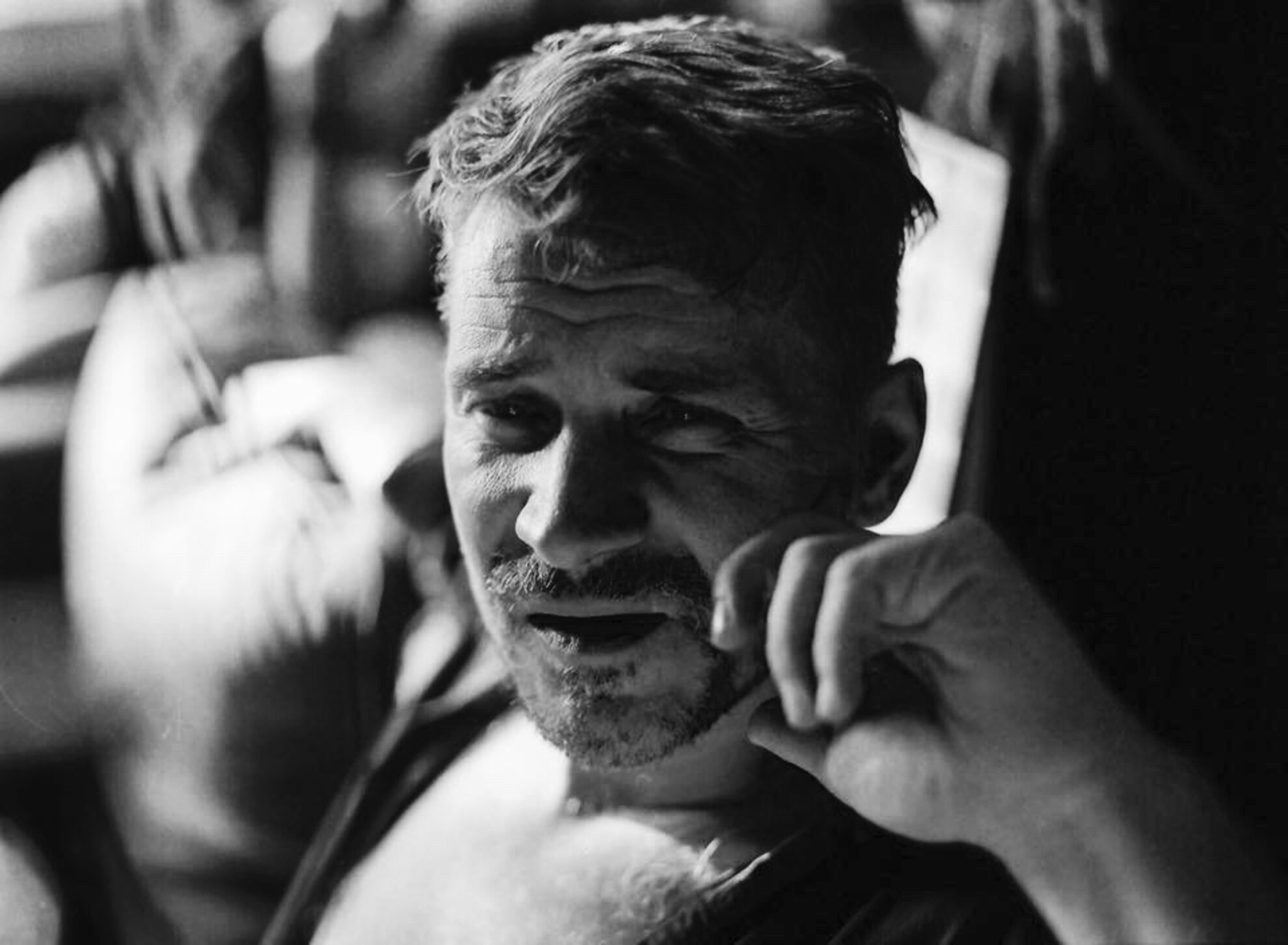
Co-produced by Jim Stark, who worked with Jim Jarmusch on several independent classics, Treasure City is the new feature by Szabolcs Hajdu. The long-established Hungarian actor/director, along with his wife, co-producer and lead actress Orsolya Török-Illyés, have opted for the vimeo platform to release their new feature – available here for $3.99, or $4.99 after 27 April.
In a wide-ranging interview, Hajdu explains the logic behind the move – and how this multi-layered movie came about.
For general background on Treasure City, see our recent feature here.
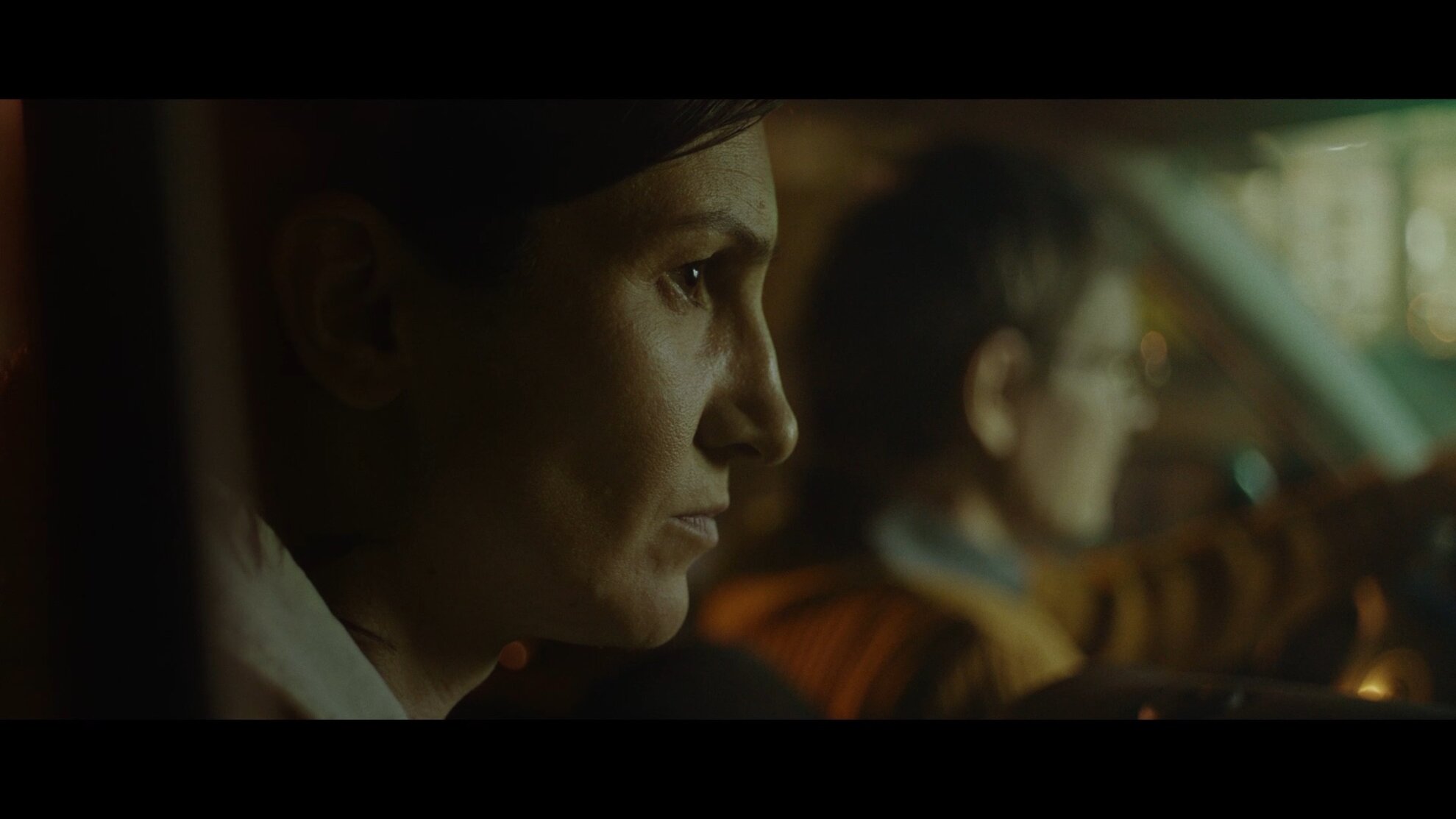
We Love Budapest: Your new film, Treasure City, is released today on vimeo. Please explain the reasoning behind this kind of release.
Szabolcs Hajdu: We had been thinking about and experimenting with new channels for a while. As this epidemic spread, we saw that the big international film festivals were being pushed back later and later, probably until 2021. That would have meant a big delay for us.
We realised that if we were ever going to go with a new medium, now would be the best moment. Let’s get it shown!
It’s been a very busy week, negotiating and arranging the finer detail but it’s great to see it out.
We deliberately limited its viewing reach as we would still like it to be shown in its traditional format, on cinema screens, with its own premiere, and at international film festivals. With this kind of sound and picture quality, it should be seen in theatres. But, for now, this is the only possibility.
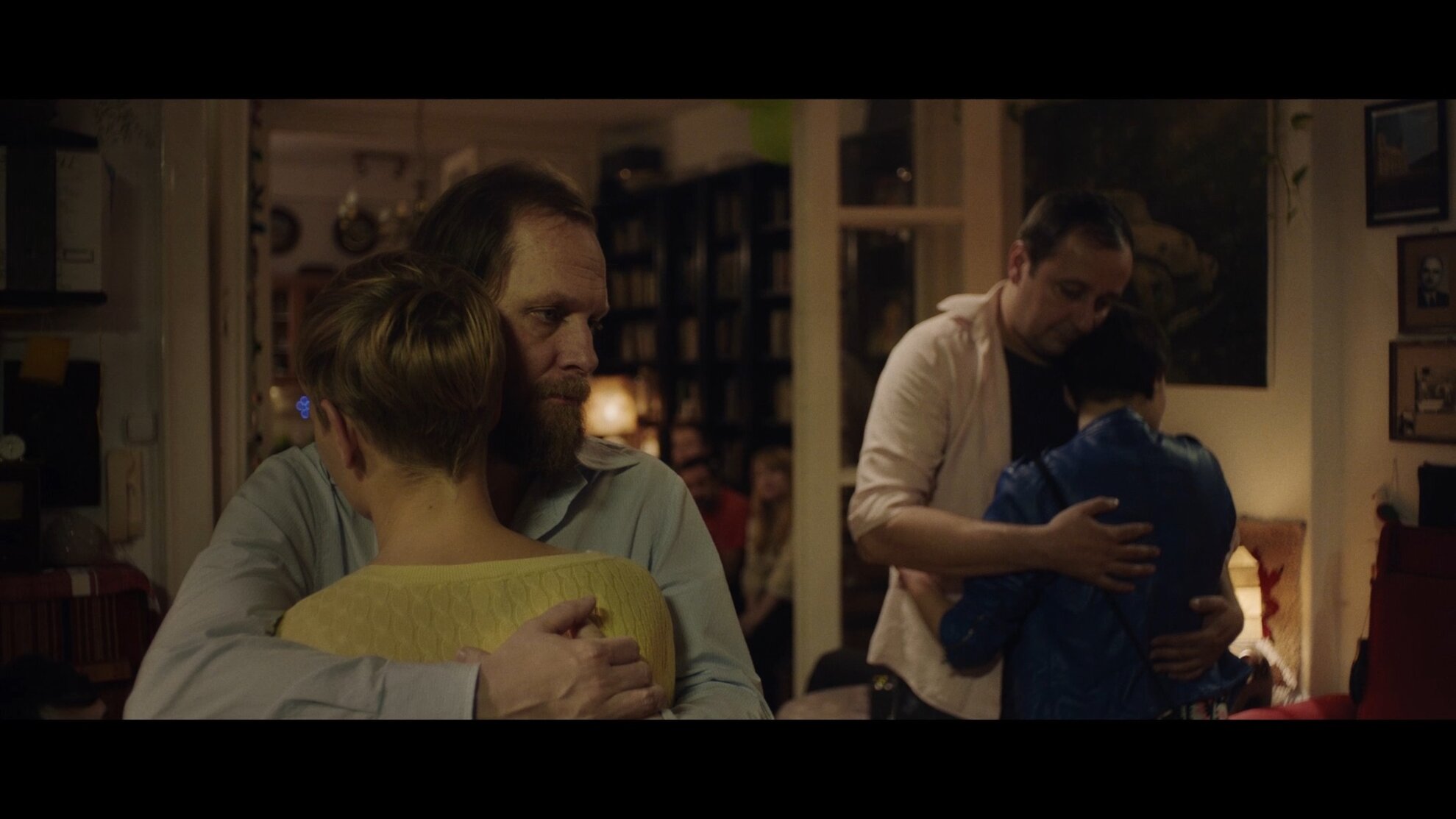
WLB: The film involves several different characters interacting over one particular night. How did it come together?
SH: When I start to plan a film, one of the first things I look at is the actual length of time the story runs for. The shorter the better. I like everything to be concentrated – even if it's over one night, the drama should be concentrated as tightly as possible. Here, it’s only one or two hours, the length of the film, in fact, in real time.
Plus, films that take place at night always seem to have something extra, a little more about them than if the action happens during the day.
As for the characters, every year we run a film camp in Transylvania for young actors and crew. It goes on for ten days, and at the end, there’s usually a short film put together. Last year, I was in charge and I decided that we should create a full-length feature. We got everyone involved in the camp – sound engineers, actors, everyone – and we sat each person down, one by one, on a chair in front of the group. Then we played an association game in which everyone had to ask questions and make suggestions. Who is this character? What’s their job? Who are their parents? What was their childhood like? From that, we developed situations.
This was the basis for the film – and the people involved are only 22, 23, just starting out in their careers.
I wrote the ideas down then, looking back at it a while later, sat down with particular actors and worked on their characters. Then I started to write the dialogue.
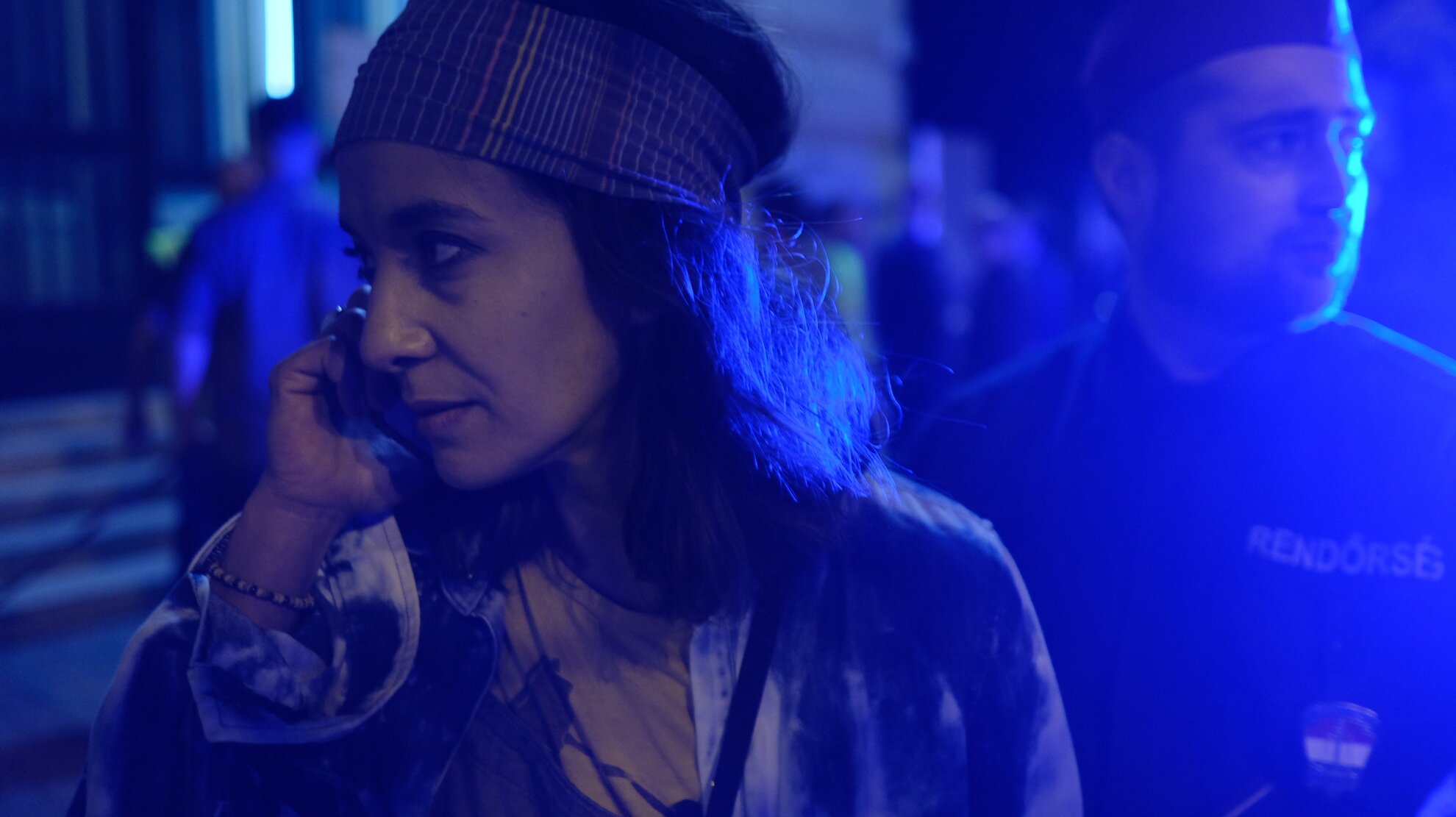
WLB: But it’s not just random. These stories occur at a specific time. You can hear news about the migrant crisis on the car radio, there are protests…
SH: Yes, which is where the Hungarian title comes from, Békeidő [‘Peacetime’]. No, the world is not at war, it’s a time of peace, but everything’s a battle – at work, at home, within families, struggles the whole time. I took the two biggest general topics grabbing people’s attention – the MeToo movement and the migrant crisis – and they provided the themes. In fact, the atmosphere around us is the basis, in conversations, from the TV…
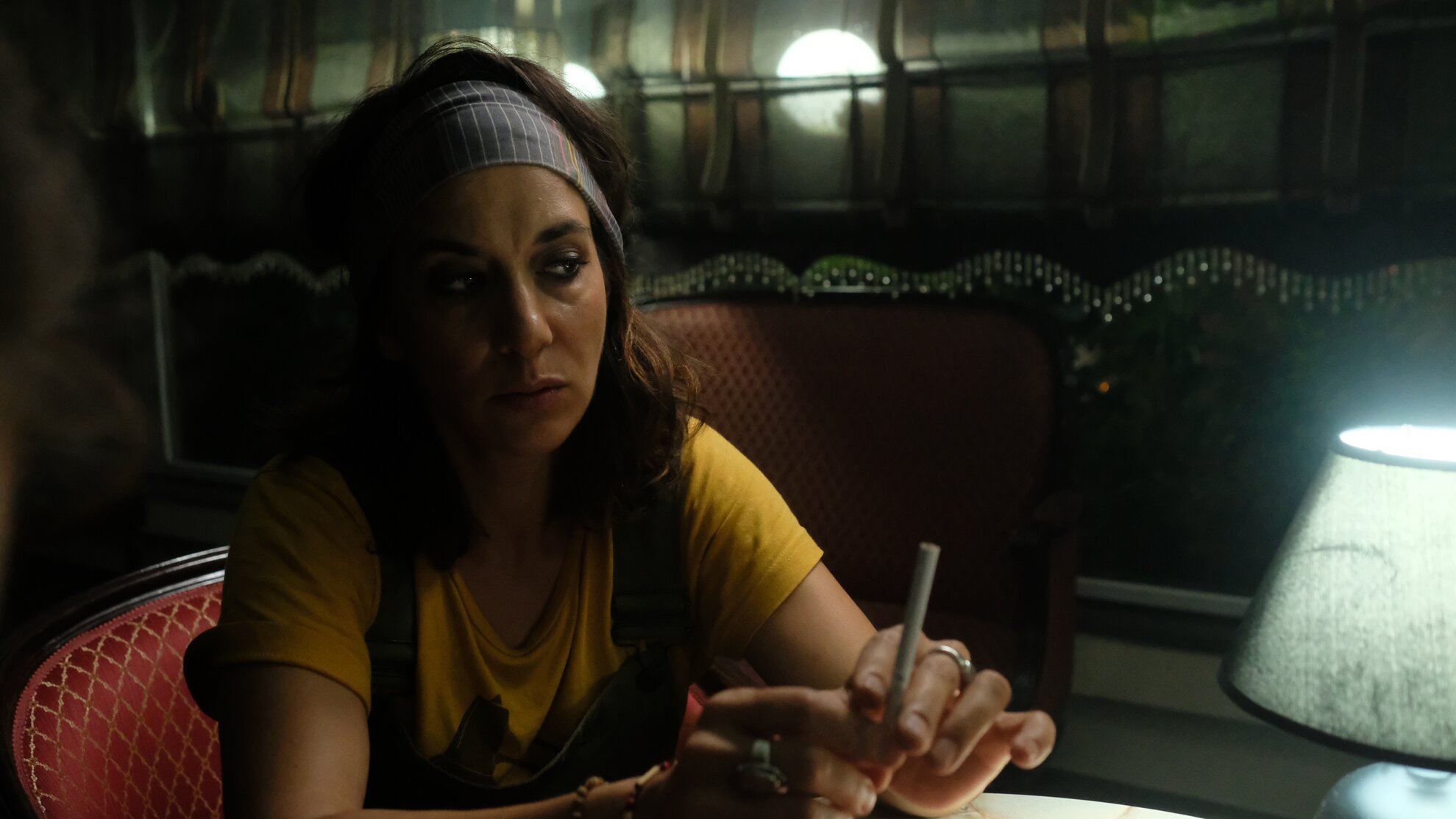
WLB: But the English title is still Treasure City.
SH: So, our company is based in Kolozsvár [Cluj, Transylvania], which is sometimes referred to as Kincses város. This was our working title in Hungarian, in fact. Instead of historic treasure, we were kind of dealing with human treasure. But Békeidő became the final title.
WLB: How did the involvement with Jim Stark come about? He has worked on some of the best films in independent cinema, Down by Law, Night on Earth, and so on.
SH: A few years ago, we happened to be jury members sitting on the same panel at a film festival in Transylvania. I didn’t know who he was, actually. Then I found out, and I loved those Jim Jarmusch films when I was younger. It turned out that he’s of Hungarian origin – in fact, Transylvanian Hungarian. So, we went looking for his grandparents’ house, rooting around in cemeteries for his lost relatives, and so on. We struck up a friendship and kept in touch. Whenever he’s here, we hook up, and whenever I’m in America, likewise. I always run new projects past him and this was one of them – he loved it and said he wanted to help produce it. We also worked on another film together, Délibab, in 2012.
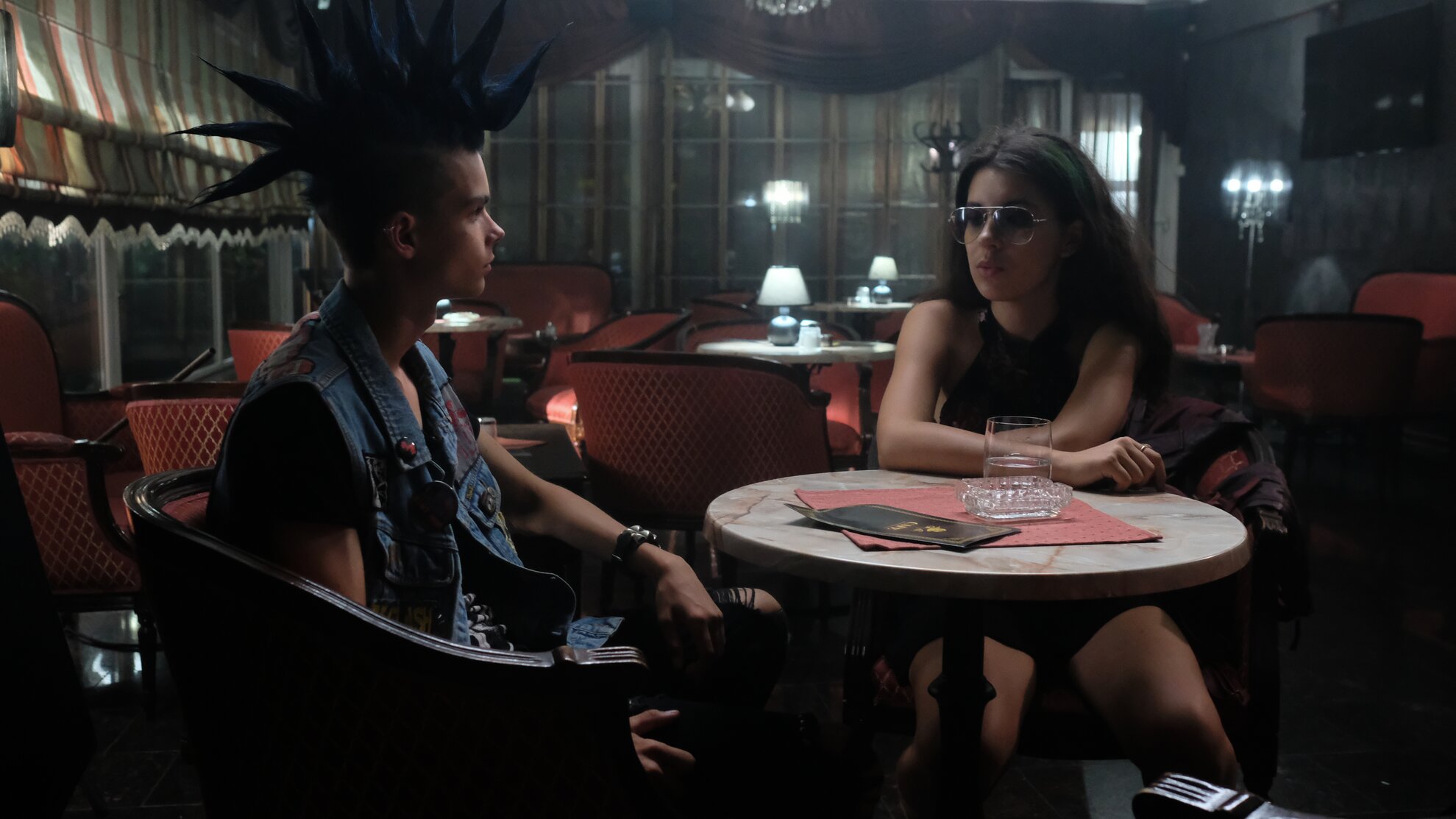
WLB: Now that it’s been released today in this format, how do you see the film going?
SH: It’s new for all of us – new for the filmmakers, new for the audience, new for everyone. Obviously we’re hoping to reach as many people as possible. I’m pleased that we’ve done it in this way, I think, plus it still leaves the door open for other possibilities.
Treasure City
Facebook
Film available here
